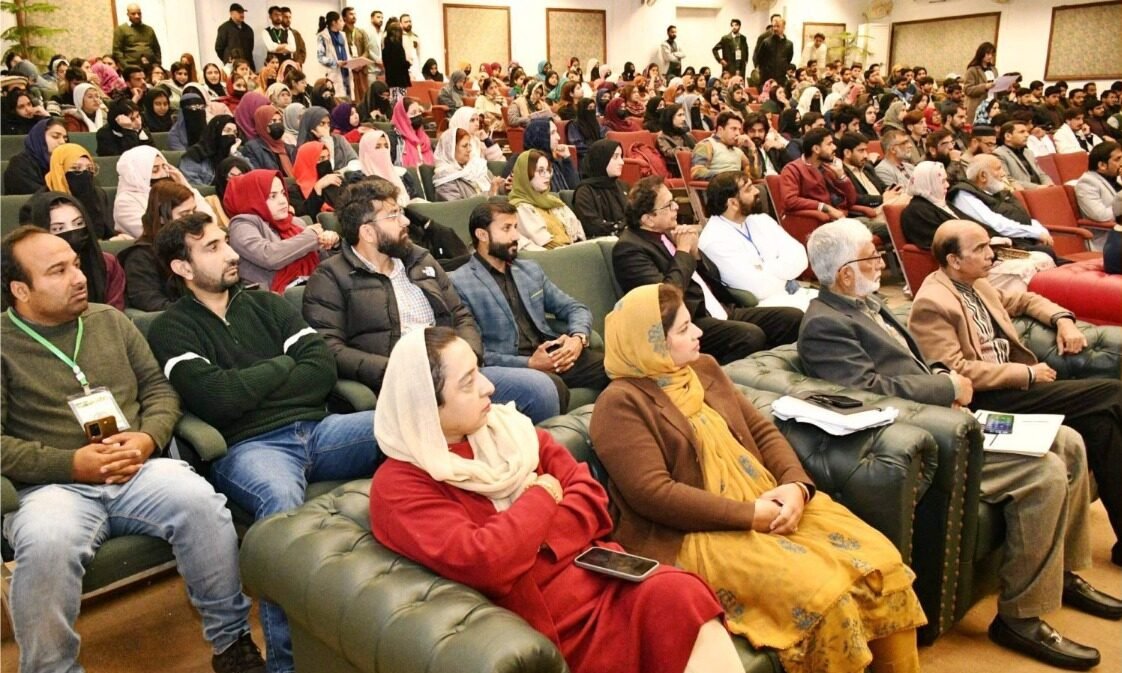Javed Khan
Haripur: Mr. Kamran Ahmad Awan successfully defended his PhD dissertation titled “An Intelligent Ensemble Learning-Based Trust Management Mechanism for Internet of Things” at the University of Haripur under the supervision of Dr. Ikram Ud Din on Monday, 10 February 2025. His research focuses on enhancing IoT security by developing intelligent machine learning-based trust management systems to detect malicious devices more accurately.The PhD defence was evaluated by Professor Dr. Muazzam Ali Khattak (Department of Computer Science, Quaid-i-Azam University, Islamabad) and Professor Dr. Hammad Afzal (National University of Sciences and Technology, Pakistan). The external examiners Professor Dr. Muazzam Ali Khattak and Professor Dr. Hammad Afzal have found the PhD thesis of Dr. Kamran Ahmad Awan adequate to award the doctoral degree.His research focuses on enhancing IoT security by developing intelligent machine learning-based trust management systems to detect malicious devices more accurately. Dr. Kamran Ahmad Awan published 28 research articles during his PhD with a cumulative impact factor of 111.37. Most of these research articles were published in renowned Q1 journals, including IEEE (Internet of Things, Transactions on Consumer Electronics, Access), Elsevier (Physical Communication, Future Generation Computer Systems, Computers and Electrical Engineering), and ACM Transactions on Internet Technology.The PhD defence was attended by distinguished academicians, including Professor Dr. Mukhtaj Khan (Dean, Faculty of IT and Numerical Sciences, University of Haripur), Dr. Shah Masaud Khan (Director QEC, University of Haripur), Dr. Sami Ullah Khan (Director ASRB, University of Haripur), Dr. Attaullah (Assistant Professor, Department of Islamic & Religious Studies, University of Haripur), Dr. Hizbullah Khattak (Assistant Professor, Hazara University), and Asghar Khan Orakzai (Associate Professor, Wapda Postgraduate College, Terbela Dam Project, Haripur).Dr. Kamran’s research contributions include the creation of a trust dataset by combining multiple publicly available datasets and training advanced machine learning models, such as Decision Trees, Random Forest, SVM, AdaBoost, and XGBoost, to improve threat detection in IoT networks. His models were rigorously tested in real-world simulations, demonstrating their effectiveness in identifying cybersecurity threats like spoofing and node replication attacks. His successful PhD defence, along with his impactful research contributions and high-impact publications, marks a significant milestone in cybersecurity, artificial intelligence, and IoT security.






 Today's E-Paper
Today's E-Paper